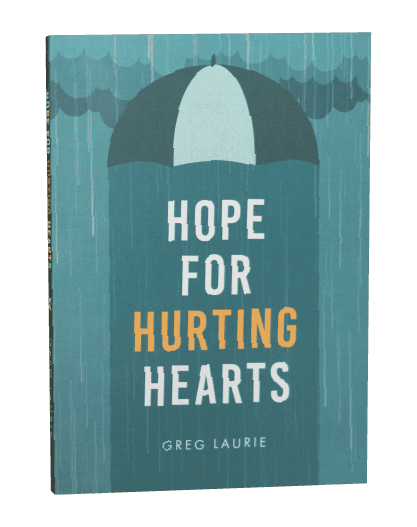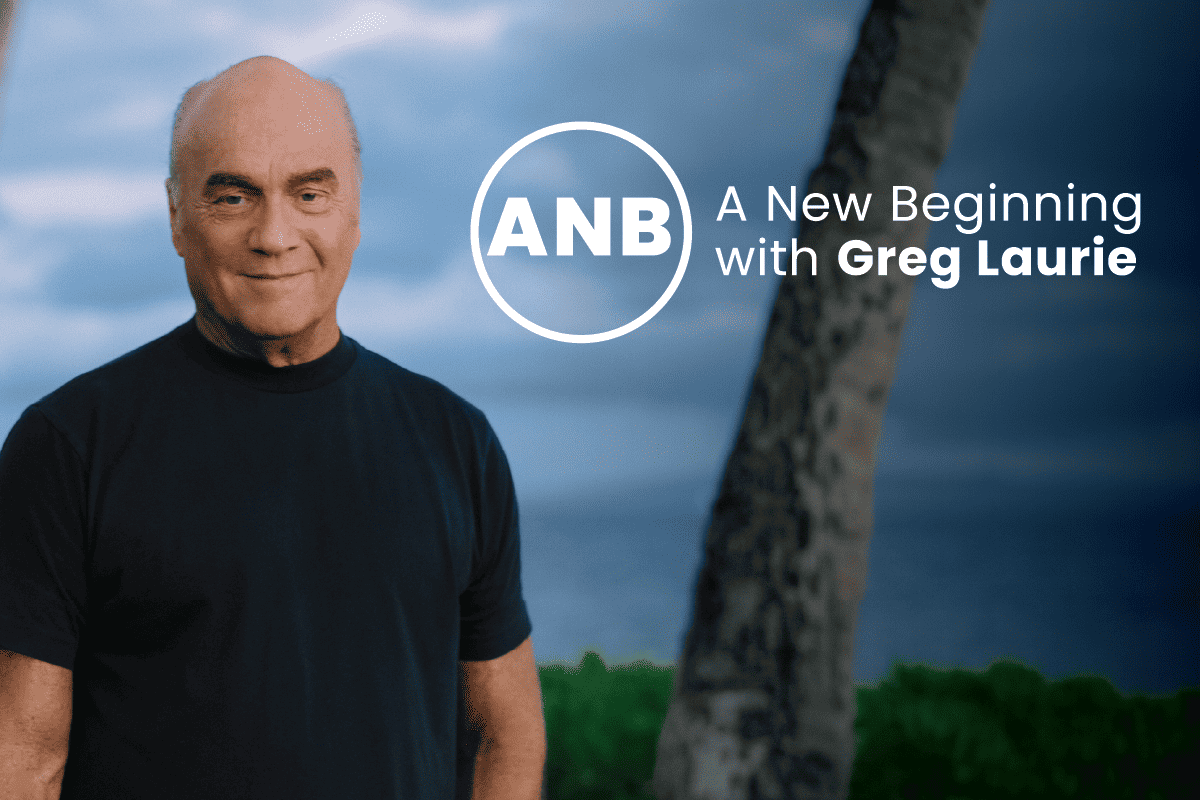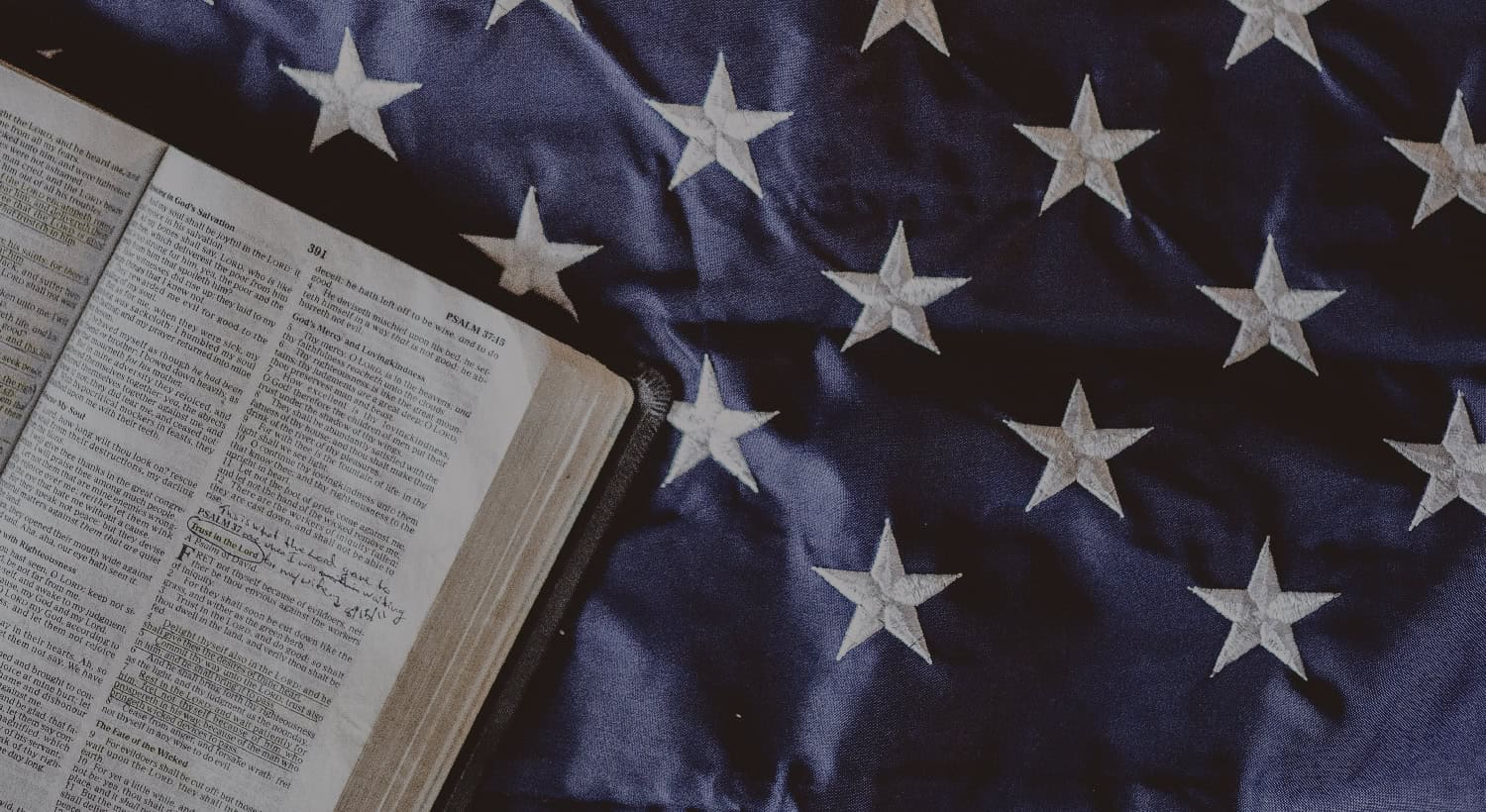Mark Twain said, “When I was a boy of 14, my father was so ignorant I could hardly stand to have the old man around. But when I got to be 21, I was astonished at how much the old man had learned in seven years.”
It’s great that we have a day when we can thank God for the importance of dads. I honestly believe that fathers who have honored their commitments to their families are the unsung heroes of America today.
As Rich Lowry pointed out, “Dad is countercultural. If he is responsible, loving, and married, he might seem boring and a constant provocation to his eye-rolling teenage children, but he stands at the ramparts of a movement to save the country from the most destructive trend of the past 30 years: father absence.”
A father’s influence will continue for generations. It was the great British preacher C. H. Spurgeon who said, “A good character is the best tombstone. Those who loved you, and were helped by you, will remember you. So carve your name on hearts, not on marble.”
Fathers are doing just that. They’re carving their names in the hearts of their children, their grandchildren and their great-grandchildren. Their influence is powerful and significant.
In the New Testament, we find the story of a father who pretty much had it all going on. He was very successful, influential and wealthy. But one day his son got sick – so sick, in fact, that he was on the verge of death.
This father heard that Jesus was nearby, so he beat a quick path to the Savior and brought his needs before him.
The Bible calls him “a certain nobleman” (John 4:46 NKJV). Another way to translate this phrase is “a royal official” or “a king’s man.” This means he was an official in King Herod’s court. So he was a powerful man and also would have been a feared man.
Although he had everything the world had to offer, he lacked one thing: peace of mind. That’s because his own dear son was seriously ill. The child had contracted a fever, and his father was watching his life slowly drain away. But his power, prestige and influence could do nothing for his child.
Then he heard that Jesus was nearby. Interestingly, Jesus hadn’t done a lot of miracles at this point. He had turned water into wine. But as far as the nobleman was concerned, the same Jesus who did that miracle could touch his son as well. So he made the journey to see Jesus.
Now, Jesus was about 18 miles away. This nobleman probably climbed on the fastest horse he owned, maybe an Arabian stallion, and rode at breakneck speed to get to the Lord.
Imagine the scene, if you will. Jesus was with an ever-present crowd, pushing and pulling all around him. Most of them would have been peasants. And suddenly a man comes blowing into town, dressed in royal finery, perhaps even wearing a crown of some kind. He descends from his beautiful stallion, gets down on his hands and knees, and starts begging Jesus to heal his son.
It would be like a Rolls Royce pulling up in the worst neighborhood in the worst town in the worst place, and suddenly a guy jumps out in a beautiful designer suit, gets down on his knees and begs Jesus to help him.
It was a scene that would have caused everyone to stop and wonder.
John’s gospel tells us this father “implored [Jesus] to come down and heal his son, for he was at the point of death” (4:47 NKJV). The original language suggests that he did this repeatedly. He was saying, “Lord, I beg you, I plead with you, I implore you, heal my son.”
Another interesting thing in the original language is the way he described his son. It implies affection. So he essentially was saying, “Lord, I beg you. I plead with you, touch my dear boy, my precious son. Don’t let him die.”
There was agony in his words. His heart was breaking. He cared nothing about how it appeared to those who were gathered around. All he cared about was his son.
So how did Jesus respond to this display of affection and devotion? He said, “Unless you people see signs and wonders, you will by no means believe” (verse 48 NKJV).
What kind of response was that? Here was this nobleman on his hands and knees, pouring out his heart to Jesus, and it seemed as though Jesus threw cold water on his face. What was that all about?
A closer look reveals that Jesus wasn’t demeaning or insulting him. He was using it as a teaching moment to bring him forward spiritually. Jesus wasn’t addressing his words as much to the nobleman as he was to the fickle multitude watching this scene unfold.
He was saying, “I know why you follow me. I know why you throng about me wherever I go. It’s because you’re dazzled by miracles. But you have no real interest in knowing me as Savior and Lord.”
And then he turned to the nobleman and responded to his appeal. Jesus said, “Go your way; your son lives” (verse 50 NKJV).
Apparently, this father became a believer after the Lord did this wonderful miracle for him, because John tells us, “And the man believed what Jesus said and started home. While the man was on his way, some of his servants met him with the news that his son was alive and well. … And he and his entire household believed in Jesus (verses 50–51, 53 NLT).
You know what charge Jesus gave to His disciples more than any other? It was “fear not.” There are so many things to be afraid of. We can be gripped so easily by fear and worry. But we need to follow the example of this father and place our fears and worries in the hands of God, trusting in him. And fathers, with all their responsibilities, especially need to do this.
Fathers, you’re leaving a legacy. So leave a godly one.
—
Learn more about Pastor Greg Laurie.
This article was originally published at WND.com.
Join us every weekend on Harvest at Home for an online worship experience.

Did you pray with Pastor Greg?
To help you get started, we would love to send you a free Bible and other resources to help you grow in your faith.
Get Resources
In thanks for your gift . . .
In times of grief and loss, Jesus offers comfort and healing. Receive Greg Laurie’s Hope for Hurting Hearts and discover how to navigate life’s toughest moments with hope.
Support today!



